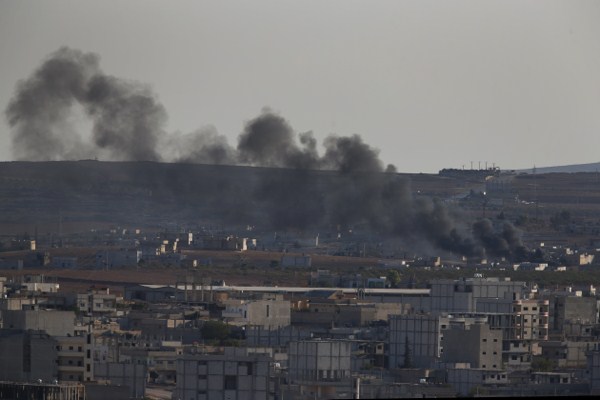Just as the United States thought it had made progress convincing Turkey to help fight the so-called Islamic State (IS)—particularly in the current battle for Kobani, the Kurdish town near Turkey’s border with Syria—Ankara came out with a rather disconcerting announcement. Turkish warplanes, officials said, had launched bombing raids, but they had struck Kurdish guerrillas in Turkey, not IS.
The bombing raids against Kurdish rebels in southeastern Turkey did not directly change the balance in Kobani, but their timing was a particularly brazen defiance of international pressure.
The U.S.-led effort to “degrade and destroy” IS has put a harsh spotlight on the growing chasm separating Turkey under President Recep Tayyip Erdogan from its NATO allies, and in particular the U.S.

